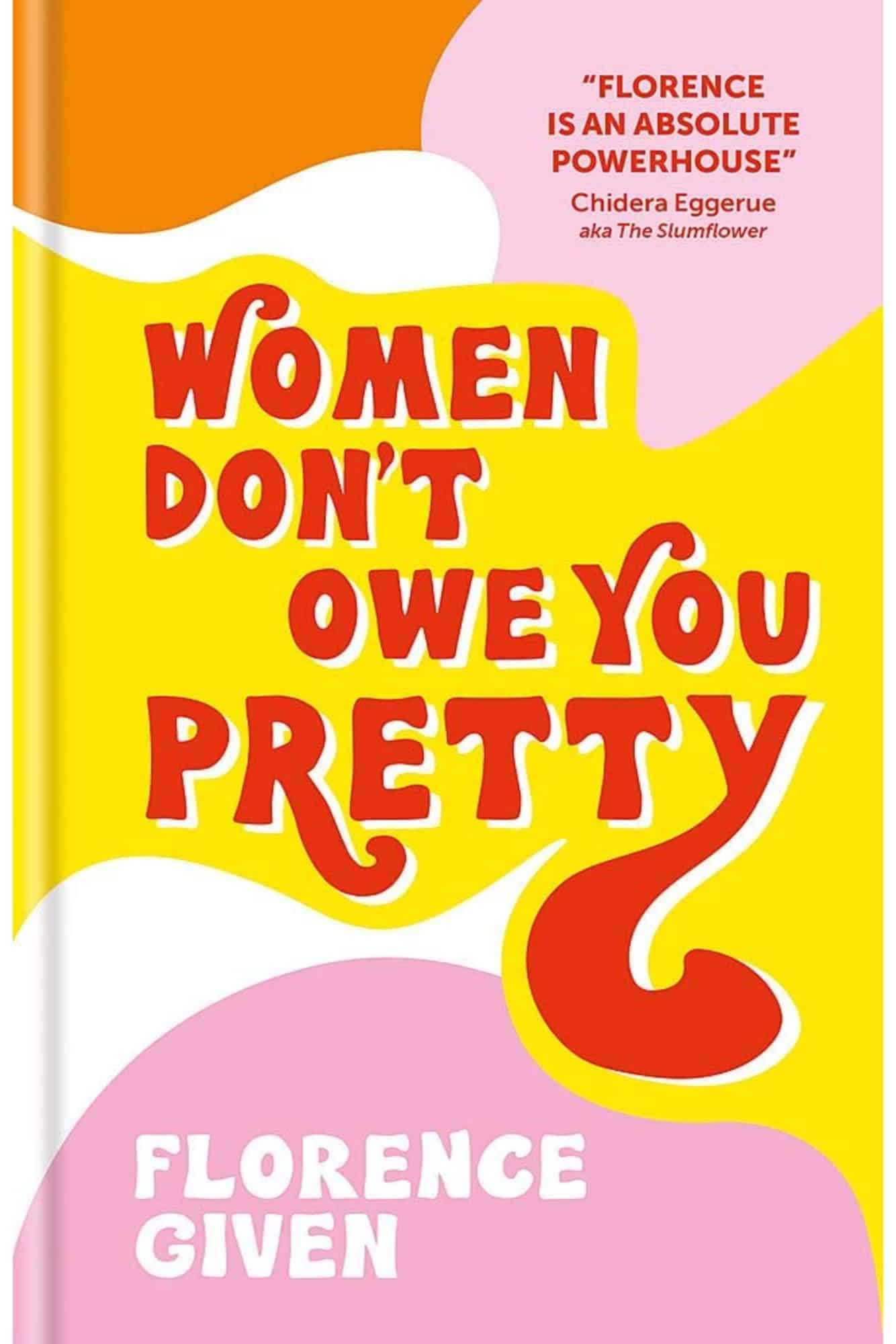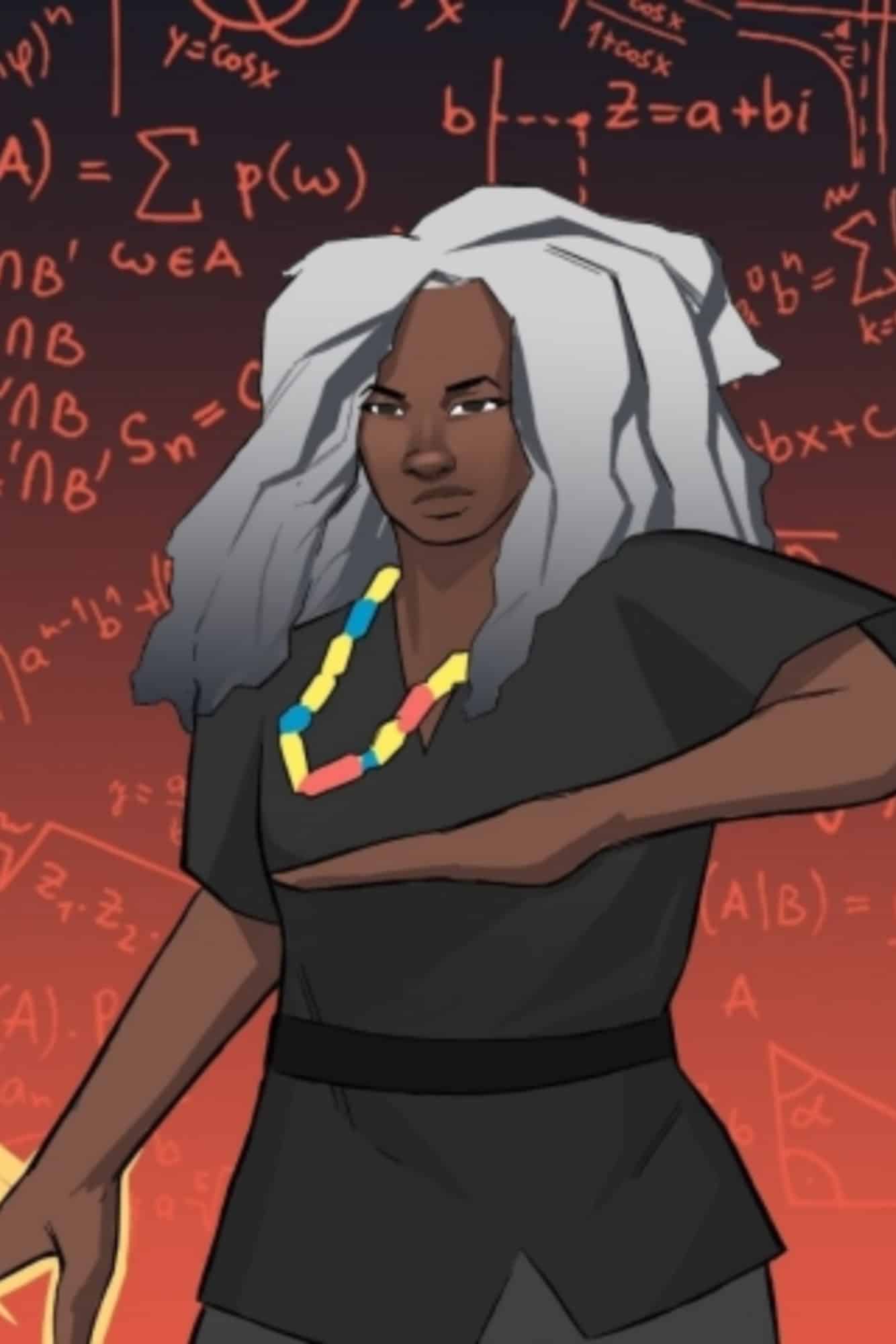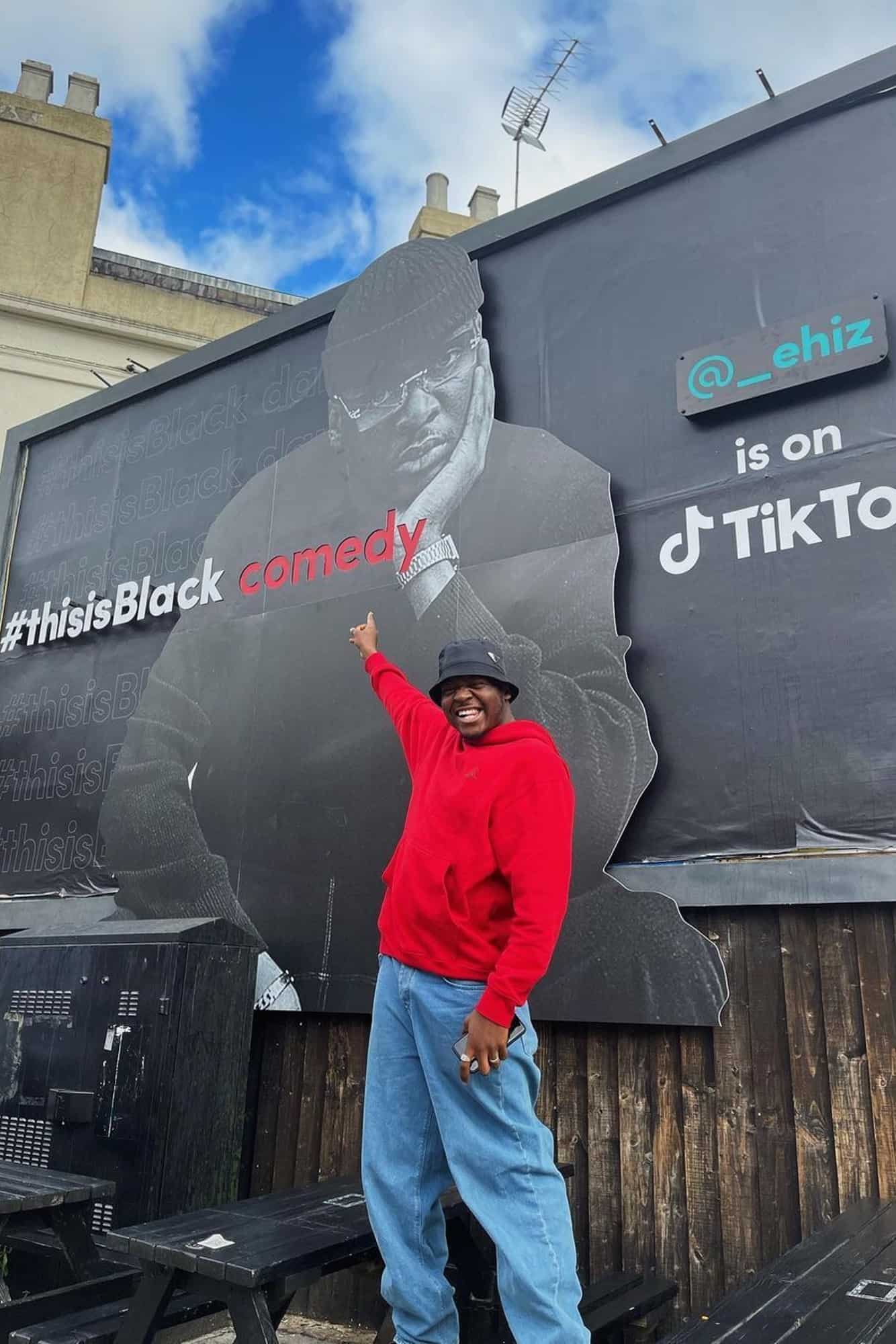As the Black Lives Matter movement continues to gather pace and influence, the call for systemic change and reform within a plethora of industries is dominating conversation like never before. This week, the publishing industry is playing its part with a new initiative, #BlackoutBestsellerList and #BlackPublishingPower. Launched by Tracy Sherrod, the editorial director of Amistad Press, the hashtag campaign encourages readers across the globe to buy two books by June 20 written by Black authors. And, while Sherrod hopes the campaign will continue to raise the profile of Black writers, its short-term goal is to fill bestseller lists with Black voices. A move that has come into play in recent weeks across bestseller lists such as the New York Times and more recently, the UK Book Charts. In fact, Reni Eddo-Lodge made history this week by becoming the first Black British author to take the number one spot in the UK’s official book charts. Although this is a step in the right direction, the author has previously expressed her concerns about her book – Why I’m No Longer Talking to White People About Race – only topping the charts during “tragic circumstances”.
Also interesting is the viral hashtag created by Black author LL McKinney #PublishingPaidMe, which pushed for white authors to share how much they had been paid by publishers for their books. And with many prominent Black writers also sharing their own experiences, it quickly became clear there was a financial disparity between how much Black authors and non-Black authors make. In response to this and other events, more than 100 Black authors including Malorie Blackman, Benjamin Zephaniah and Afua Hirsch have formerly announced the formation of the Black Writers’ Guild. In an open letter, the new body is pushing for major publishing houses in the UK to address the “deep-rooted racial inequalities” within the industry.
While many hope these actions will trigger the start of a real change, initiatives like #BlackoutBestsellerList have successfully highlighted the growing demand for Black literature and voices, not to mention the economic power of the Black consumer. Keen to support the movement? Here is a list of books, short stories and poetry written by Black literary talent on CORQ…
Poets, playwrights and fiction
Bone by Yrsa Daley-Ward
Somebody Give This Heart A Pen by Sophia Thakur
Titanic by Bridget Minamore
Broken by Julian Knox
Wait by Wilson Oryema
Poor by Caleb Femi
The Half-God of Rainfall by Inua Ellams
You Must Be Layla by Yassmin Abdel-Magied
Queenie by Candice Carty-Williams
Love in Colour by Bolu Babalola
Lighting Girl by Alesha Dixon
Culture, race and feminism
Slay in Your Lane by Yomi Adegoke and Elizabeth Uviebinené
Outraged by Ashley “Dotty” Charles
Taking Up Space by Chelsea Kwakye and Ore Ogunbiyi
Little Black Book by Otegha Uwagba
Don’t Touch My Hair by Emma Dabiri
I Will Not Be Erased by gal-dem
Natives by Akala
Why I’m No Longer Talking to White People About Race by Reni Eddo-Lodge
Raceless by Georgina Lawton
Mother Country by Charlie Brinkhurst-Cuff
Modern HERstory by Blair Imani
Grime Kids by DJ Target
What a Time to be Alone by Chidera Eggerue
What We’re Not to Talk About by Nimco Ali
I Am Not Your Baby Mother by Candice Braithwaite
Unseen by Reggie Yates
Feminism Is… by Gemma Cairney
Lifestyle and wellness
Rachel Ama’s Vegan Eats by Rachel Ama
Heart and Hustle by Patricia Bright
Palette by Funmi Fetto
How To Get Into Fashion by Eunice Olumide
Home Sweet Home by Medina Grillo
No Filter by Grace Victory
Insta-glam by Hani Sidow
Original Flava by Craig and Shaun McAnuff
Prick by Gynelle Leon
Dr Marcel’s Little Book of Big Love by Marcel Somerville
GIRL by Kenya Hunt
Baking Made Easy by Lorraine Pascale
You Are Dope by Ovie Soko










